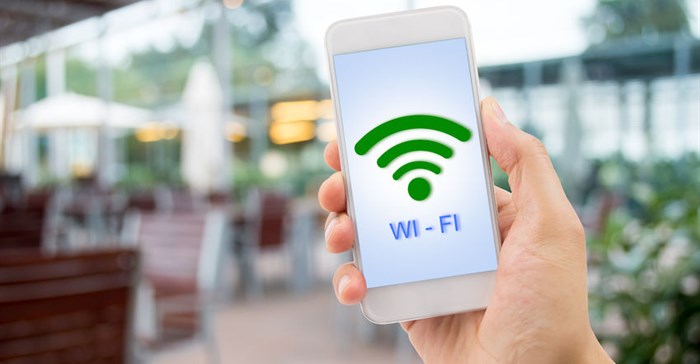
“Executives come out of board meetings saying that now is the time to implement Wi-Fi, but there is a lack of substance behind it,” believes Visser. “Only a few truly understand what it can mean for the business, or how to create wireless environments in such a way as to solve customer needs while building the brand and business.”
The truth is that the business needs to pull back and take a long look at what it expects from a wireless solution and what metrics it will use to assess its value and potential. There has to be a picture painted by the organisation which outlines the user, the type of Wi-Fi needed and the pain points it is designed to address. This is particularly true of the retail sector where interactions with consumers have become essential.
The wireless platform has evolved into a place to interact and transact. Currently there are two Wi-Fi networks which are most commonly used – private and public. Public solutions are limited in scope and functionality, and often the user experience is patchy and unreliable. Private Wi-Fi networks, on the other hand, are far richer, allowing businesses to build secure and highly functional solutions which can be tailored to suit specific business requirements and customer interactions.
“If you apply this technology in the correct way and have measurable objectives, then there will be a clear return on investment,” says Visser. “Businesses have to invest in tailored Wi-Fi solutions which deliver superb user experiences and have functionality that can be adapted to suit specific markets and requirements. They also need to ensure that the solution is secure.”
Metacom, for example, has developed solutions for its clients that provide interactions for customers on one level and access to training materials for employees on another. Pepkor Africa utilised this dual-level solution to create a space where their employees could gain access to vital training materials on their tablets, regardless of location or store. Whilst staff access is important, it is also necessary to build a secure managed environment for interaction with clients. This type of private Wi-Fi environment is aptly described as a ‘walled garden’, a private and secure sanctuary which the brand builds for its staff and its customers. It is secure, capable and has specific rules built in.
“Many of our customers offer these Wi-Fi services to their customers and allow them access to certain levels of connectivity,” explains Visser. “However, there is a need to balance the download demands of the customer with the reality of price and availability. Some customers can abuse the system. Fortunately you can build in a failsafe mechanism to prevent this. This level of functionality enables interaction between customer and retailer within tight parameters and sends them to the apps you want them to use and information you want them to learn. In addition, the types of apps and their capabilities can be tailored to specific customer requirements.”
Through the right Wi-Fi solution, the business can build loyalty and learn more about its customers’ online habits and interests. They can uncover the type of device they prefer to use, when they are more likely to go online, what drives their purchasing habits and so much more. They can use the free Wi-Fi connectivity as a portal to meet the customer halfway – a few marketing questions or a survey to gain valuable insight in exchange for free data.
“Almost every user has a smartphone and retailers need to develop communities which offer consumers both a service and the item they purchase,” says Visser. “Loyalty schemes, banking apps, communication tools – these not only build communities and brands, but they give decision makers a lot of information and learning opportunities in the process.”
It is one thing to say that it’s a good idea to make a brand, branch or business Wi-Fi-enabled, but there are some challenges. The first is the price – the customer may be willing to pay for the service, but perhaps they can’t afford it – and in some more rural areas, connectivity is poor or non-existent. Many retailers have had to create their own hotspots so that the community can come to them, engage with them in their own space. They also need to ensure that the Wi-Fi solution is accessible from different devices, not just a select few. Compatibility across all devices used by consumers is key.
A tailored private network allows the business to lower the cost of transactions, learn about what the customer is using and ensure a seamless end-to-end experience.